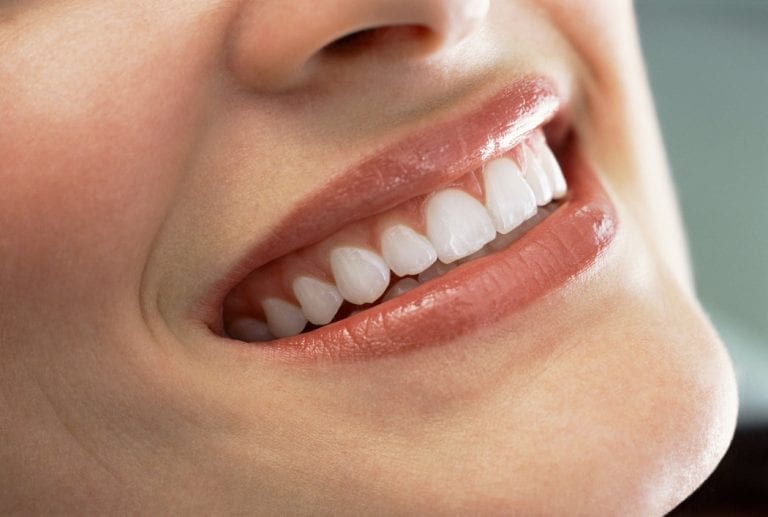The axiom “if it’s in your mouth it’s in your body” holds true even more so during pregnancy. Did you know that neglecting your teeth and gums during pregnancy can lead to periodontal disease, and some research even links this disease to preterm labor, preeclampsia, and low birthweight babies?
No wonder both the American Academy of Periodontology and the American Academy of Dentistry recommend that moms receive dental care before, during, and after pregnancy. We’re busting the myth that you can’t have dental work done during pregnancy. In fact, your pregnancy can actually make the need for dental care even more important due to the changes underway in your body caused by the hormones of pregnancy.
Good gum care
In early pregnancy you may notice that your gums bleed easily when you brush your teeth, which makes you produce more saliva, which makes you nauseated. Who can face minty toothpaste when you can barely face food in general? To alleviate these symptoms, avoid brushing as soon as you wake up and right after eating to help reduce the nausea and gagging that frequently occurs.
Go gentle on your pearly pinks and whites: use a soft toothbrush and gentle strokes when brushing to avoid damaging your gums. Any bleeding will usually stop quickly and you can rinse or use mouthwash to get rid of the taste.
Scheduling a dental check-up early in your pregnancy can identify any problems such as periodontal disease, cavities, or the need for extractions. Contrary to popular belief, you can have cavities filled and even have teeth removed during pregnancy. Your dentist and healthcare providers will consult with each other to provide the appropriate form of anesthesia and pain relief. If an x-ray is really necessary, your abdomen can be shielded with a lead apron that will prevent the radiation from reaching your baby.
The best time to start thinking about your oral health is before you become pregnant. Schedule a dental examination and have any issues corrected; make a plan for regularly scheduled visits. Smile and look forward to a happy, healthy pregnancy!
Tell your dentist
Report any of the following warning signs as soon as you notice them to your dentist:
- Painful, swollen gums
- Gum bleeding that doesn’t stop easily
- Persistent bad breath
- Toothache
- Loose or separating teeth
Best brushing
- Brush for at least 2 minutes, several times a day, or for approximately 30 seconds in each of the four quadrants of your mouth
- Angle your toothbrush up at 45-degrees along the tooth and gum line; brush in small gentle circles so that your brush has the opportunity to swish debris and plaque out from under your gums
- Use a plaque and cavity fighting toothpaste, one with whitening is OK, too
- Never brush directly onto your gums; always use a circular massaging motion at an angle that allows the brush to remove food debris
- Rinse well with warm water and consider a protective rinse that will fight bacteria and plaque until you brush again






Comments are closed.